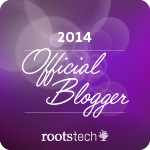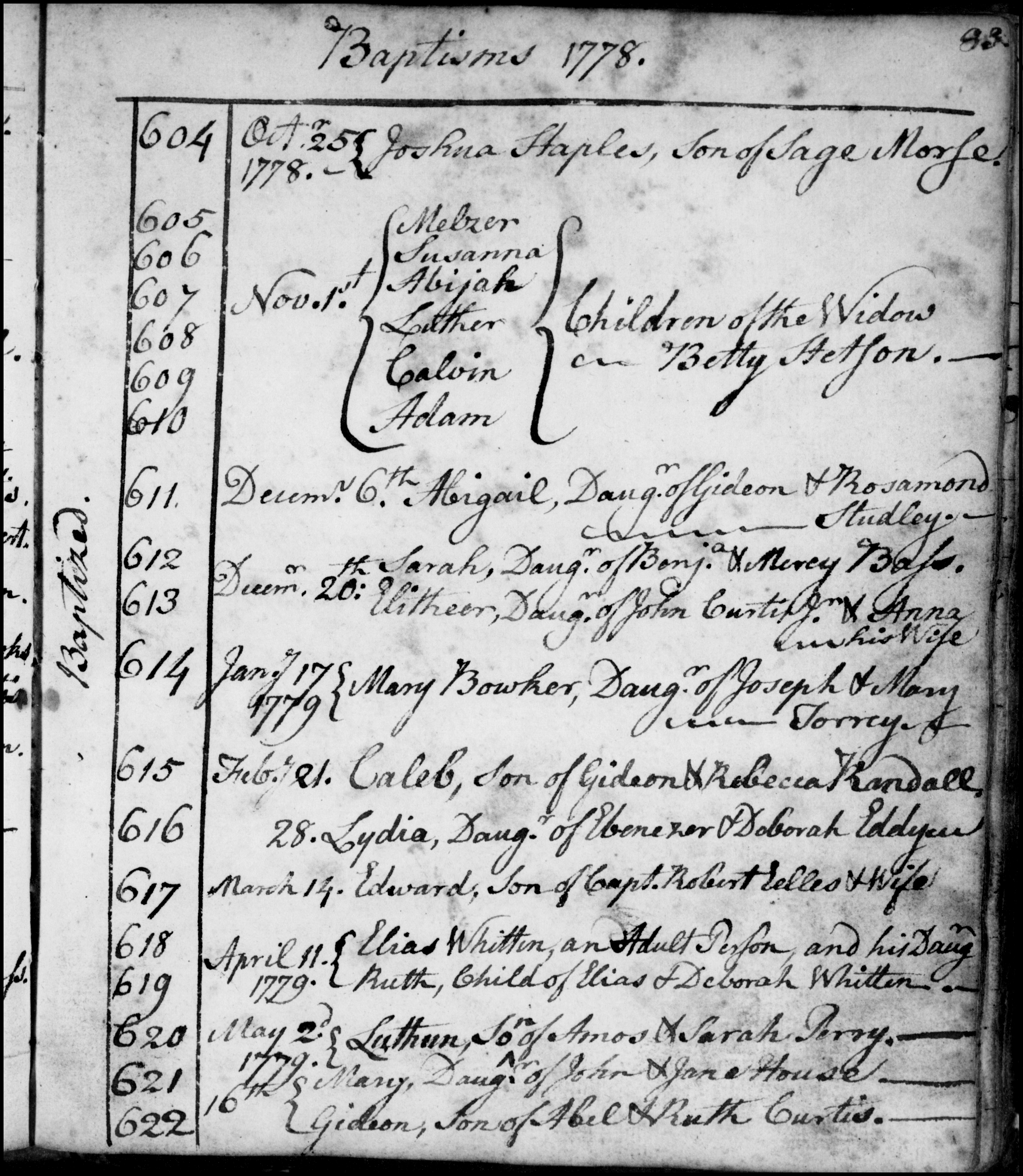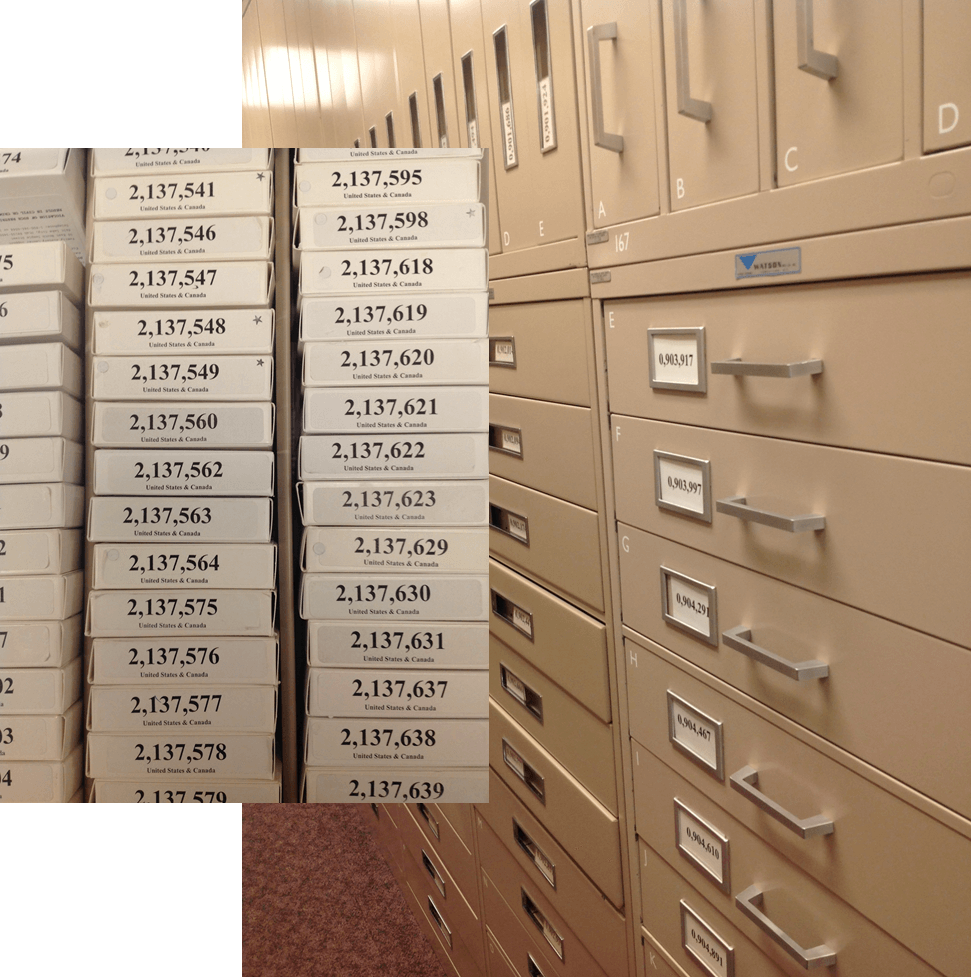Blog


Enter Last-Minute Giveaway Now: Full-Access Pass to #RootsTech 2014 Next Week
 One of the great things about presenting at genealogy conferences like RootsTech is the FREE swag they give you. Well, I’m going to pass this gotta-have-it swag along: a free all-access pass to RootsTech 2014.
One of the great things about presenting at genealogy conferences like RootsTech is the FREE swag they give you. Well, I’m going to pass this gotta-have-it swag along: a free all-access pass to RootsTech 2014.
RootsTech is shaping up to become the biggest annual family history event in the U.S. There’s nothing quite like it. RootsTech combines the cutting-edge excitement of a technology industry conference with learn-it-from-the-experts classes and hands-on workshops of leading genealogy educators. Whether you’re new-ish to genealogy or an expert researcher, there’s something for you at RootsTech. Check out the full agenda here, which includes a keynote by The Pioneer Woman and over 200 sessions.
RootsTech is next week in Salt Lake City. If you can be there, enter to win this way:
1. Go to the Genealogy Gems Facebook page. Like it (if you haven’t already).
2. Post a comment with the hashtag “giveaway” (#giveaway) and WHY you want to attend RootsTech. You’ll be automatically entered to win.
3. Enter by midnight on Sunday, February 2 and I’ll announce a winner on Monday, February 3, 2014.
No purchase is necessary, but please only enter if you can use the pass or know someone who can.

Do Your New England Genealogy: Church Records Online–and More Are Coming!
If you have New England roots, you need to know about New England’s Hidden Histories, an ongoing project of the Congregational Library in Boston,  Massachusetts. This project is collecting, digitizing, indexing and posting online New England church records, a vital source for finding your family’s vital records in New England.
Massachusetts. This project is collecting, digitizing, indexing and posting online New England church records, a vital source for finding your family’s vital records in New England.
“Congregational church records are an unparalleled source of information about the religious activities of the early colonists, and about many other aspects of early American life as well,” says the Congregational Library website. ” They provide a richly detailed view of town governments and social customs, data on births and marriages and deaths, and demonstrate the ways that ordinary people participated in community-wide decision-making — information that is simply not available in any other records from that time.”
Until recently, many Congregational church records were “mostly scattered across New England, in church closets, bank vaults, or the offices of town clerks,” explains the site. “Many have been left exposed to the elements and are in danger of deterioration, or are all but impossible for the average researcher to locate.”
The Congregational Library is spearheading the effort to collect, digitize, index and make available to researchers as many of these records as possible. To date, says Digital Archivist Sari Mauro, “We currently have 17 collections online, and several more at various places in our workflow. Of these collections, two are fully transcribed. We eventually hope to be able to display all of our collections with full-text transcriptions.”
They are looking for more volunteers to transcribe these records. Would you like to help? Click here to learn more.
By the way, this collection goes beyond just baptism, marriage and death records, in an attempt to fully document church life of the times. “Our current collections vary in size from 20 pages to 2,000+ pages and address a number of topics including church founding, church membership, births and deaths, church discipline, pastoral salary, church and community controversy, and issues of doctrine and practice.”
RootsTech 2014: Must-Have Tips for Visiting the Family History Library

 Whether you’re going to RootsTech next week or not, at some point in your genealogical research you’ll want to use the Family History Library (FHL). The FHL, located in Salt Lake City, Utah, USA, has 6.875 billion historical records on microfilm, which contain an estimated 20.6 billion names. That’s a lot of ancestors!
Whether you’re going to RootsTech next week or not, at some point in your genealogical research you’ll want to use the Family History Library (FHL). The FHL, located in Salt Lake City, Utah, USA, has 6.875 billion historical records on microfilm, which contain an estimated 20.6 billion names. That’s a lot of ancestors!
The FHL and its sponsor organization, FamilySearch International, are busy digitizing and indexing all those records, but it’s going to take some time. And some of those records may never be digitized because of publication rights limitations or other issues. So you should know how to access all those great microfilms!
Yesterday I republished Episode 16 of the original Family History: Genealogy Made Easy podcast. It features a great interview with Margery Bell on using the Family History Library. The show notes have updated tips on using the online catalog. Click here for some must-have tips on preparing for your visit. You’ll get a lot more out of your limited time in the library if you know exactly what information you’re looking for and where you’re going to look for it!




